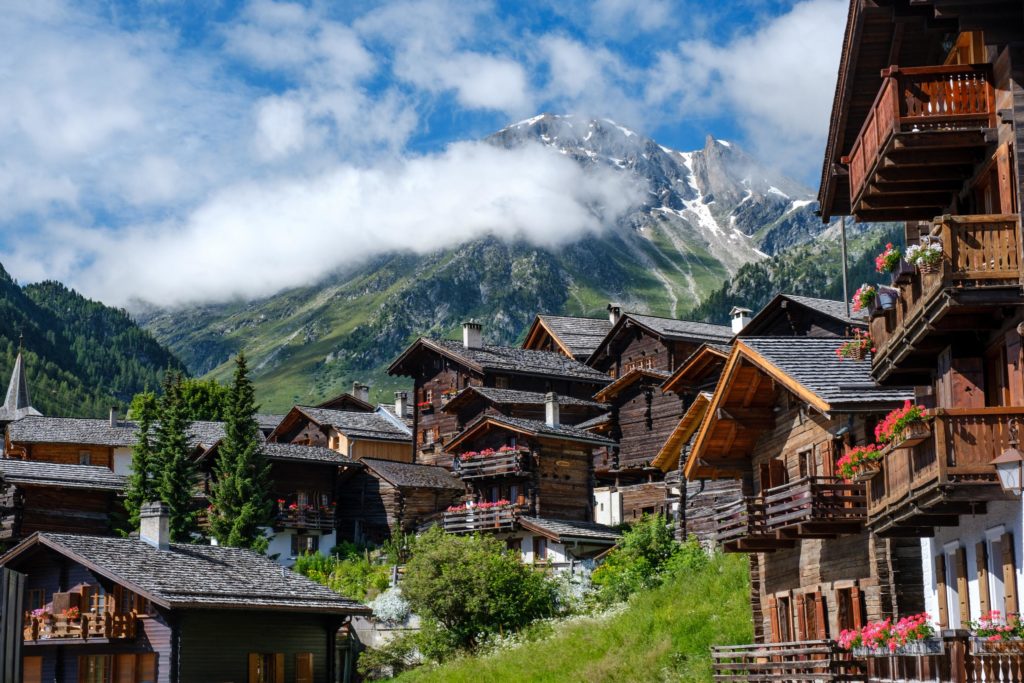Switzerland is a Scandinavian nation highly regarded for its natural beauty, pristine landscapes, flawless banking system, chocolates, watches, and winter sports. Swiss people are hardworking folks with immaculate attention to detail; “like Swiss clockwork” is a daily-use idiom used to express efficiency, effectiveness, and professionalism.
Though Switzerland is not part of the European Union, however, it is a prominent member of the Schengen Bloc. An Indian national will require a visa to enter and stay in Switzerland. The standard Schengen Visa is valid for 3 months with single entry; the holder must mention the state of entry and exit while traveling freely within the Schengen area during the stipulated time.
For purposes that require stays beyond 3 months, the applicant shall apply for a visa type that fulfills his/her requirement. If you wish to seek work, study, or family reunion, you may apply for a multiple entry visa, this will allow you to visit the Schengen area regularly; with each entry limited to a maximum of 90 days (3 months).
A Schengen visa may be applied for a maximum of 6 months and a minimum of 15 days. You will be required to fill out the application form and pay an €80 fee for an adult applicant and €40 for a minor. An interview will be conducted at your nearest Consulate, viz a viz New Delhi, Mumbai, or Bengaluru.

Long stay visa
While there may be hundreds of reasons you may want to stay in Switzerland for more than the usual 3 months visa, the most common reasons are work, education, or reuniting with family members (spouse, parents, kids, etc.).
The Swiss work visa allows an individual to work and stay in the country as long as the work is done. In the case of employment, the work permit can be renewed periodically as long as the person is employed. Similarly, students aspiring to attain higher education or advanced degrees may enroll in a Swiss university which allows for a strong basis to gain long-term stay.
A person married to a Swiss man/woman can stay for long durations in the country as long as he/she can prove finances to support a decent livelihood. Lastly, aged people who have retired rich and can afford a luxurious retired life may apply for long-term stay permits.
Swiss residence permit
For an Indian citizen who successfully obtains a long-term stay visa, regardless of the grounds, the next step is to apply for a residence permit. The residence permit comes with rights and features that a long-term visa does not offer; healthcare, education support, right to own property/business as a majority shareholder, etc.
A residence permit application is submitted at the cantonal immigration office of the canton one wishes to immigrate to. There are 26 cantons in Switzerland that are mandated to issue residence and work permits to aspirants who plan to reside in a particular canton.
Note that the residence permit can only be applied for while in Switzerland within 14 days of entering the country. A residence permit varies in the duration of stay, depending on the applicant’s purpose, needs, and financial strength to maintain a decent livelihood according to the Swiss society.
Permit L
A permit L is a short-term residence permit for up to 1 year. It is renewable with a maximum validity of 2 years. Usually, a Permit L is issued to people who take employment in a certain company, and in case the individual leaves that job, a new permit cannot be granted.
Permit B
Permit B is issued as a temporary residence permit with a validity of 1 year for Indians, and 5 years for EU/EEA citizens. A person living in Switzerland with Permit B for 10 consecutive years becomes eligible to apply for a Swiss Permanent Residence Permit (Permit C).
Swiss permanent residency and citizenship
To become eligible for Permit C, which is the permanent residency permit, one has to stay in Switzerland for 10 continuous years. Spending another 10 years on Permit C grants eligibility to apply for naturalization. In some cases, the pre-requisite period of stay may be altered; the spouse is a Swiss national or second-generation child resident, etc.
The benefits of permanent residence and citizenship are to a large extent common. For instance, there are no employment restrictions on both statuses, buying property as a sole owner or majority shareholder, owning and managing a business, access to social assistance programs, and other welfare benefits.


